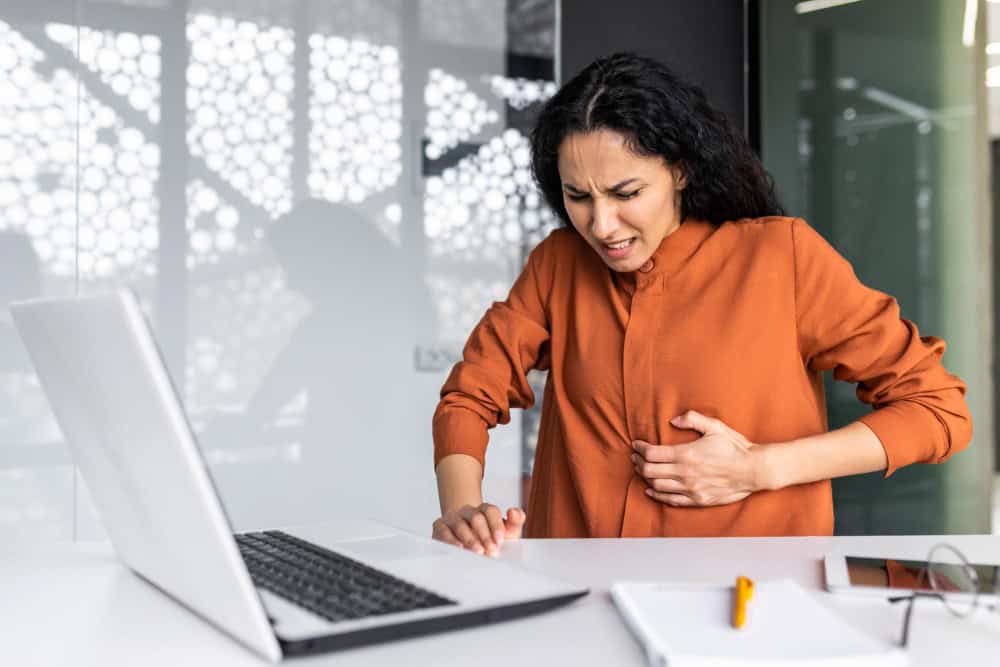
That burning sensation after the meal, as if your chest is on fire, is something most of us have felt at least once in our lives. It could have been either after enjoying a wide range of platters at a wedding reception or from a chicken biryani night at your friend’s. So what is heartburn? Heartburn or acid indigestion is nothing but a symptom of acid reflux and of a chronic disease known as GERD (gastro-oesophageal reflux disease).
You may not take heartburn seriously until it starts interfering with your daily life, appetite, or sleep. Let’s find out simple ways to get relief from heartburn.
What Is Heartburn, and Why Does It Happen?

Heartburn occurs when acid in your stomach reaches back into the food pipe (oesophagus) and irritates its lining. Normally, a small muscle called the lower oesophageal sphincter (LES) acts as a gate, keeping stomach acid where it belongs. But when this valve relaxes or weakens – due to overeating, eating oily or spicy food, alcohol, or even stress – acid can travel upward, causing a burning sensation.
“Not every heartburn episode requires a tablet,” says Dr Sarthak Chakravarthy, consultant physician at TATA 1mg. “Our first aim should be to identify the trigger rather than rushing for quick solutions.”
Common Triggers of Heartburn
– Eating too quickly or skipping meals
– Excessive caffeine or alcohol intake
– Smoking
– Consuming high-fat, spicy, or fried foods
– Certain medications (like NSAIDs)
– Lying down soon after eating
Medicines To Ease Heartburn
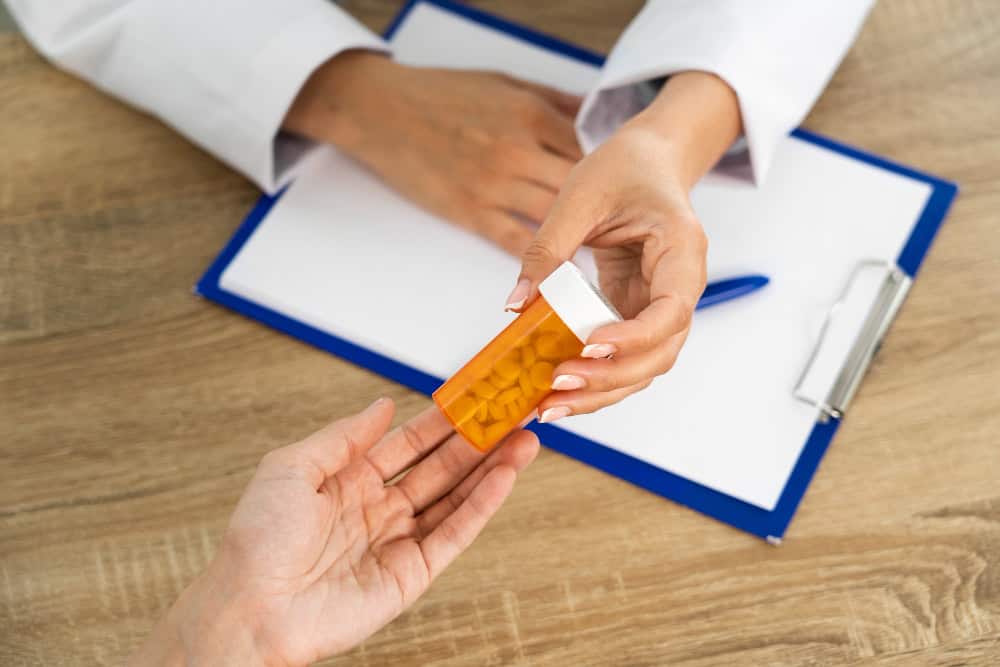
Not every medication you take works the same way. According to Dr Chakravarty, “Choosing the right medicine for heartburn depends on how often you experience symptoms and their severity. Occasional acidity may need just an antacid, but recurrent or nighttime symptoms require a proton pump inhibitor course under expert guidance.” Here’s a look at some common types of heartburn medications and how they work.
1. Antacids
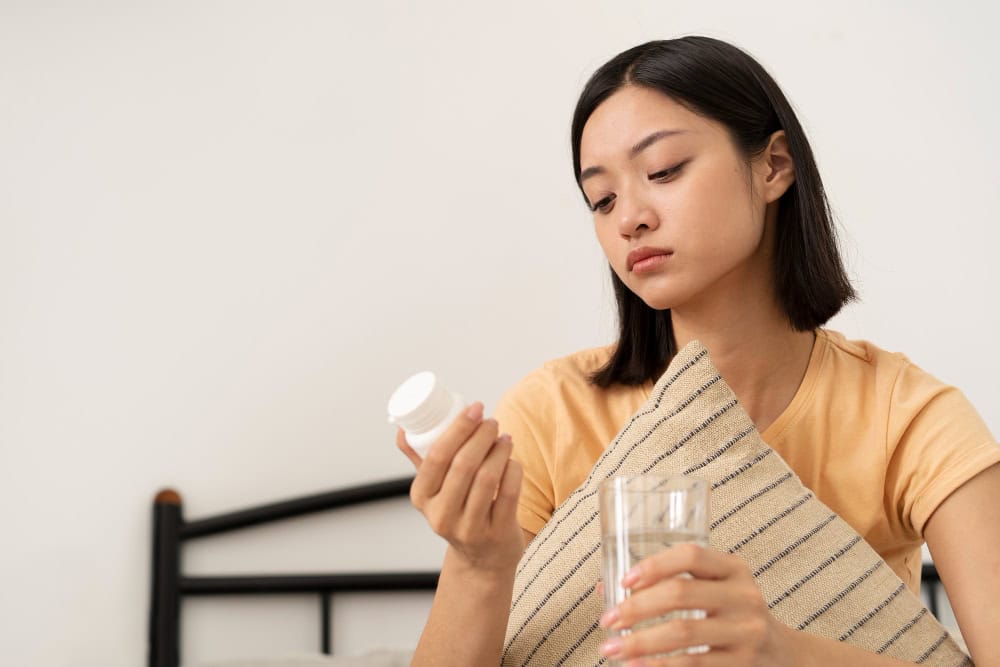
They work by neutralising the stomach acid. These medications offer quick relief, though their effects are short-lived. They are suitable for occasional acidity, but excessive use may cause constipation or diarrhoea, based on the formulation.
Common examples: Aluminium hydroxide, calcium carbonate or magnesium hydroxide.
2. Proton Pump Inhibitors (PPIs)

For persistent heartburn of GERD, PPIs can be an effective treatment. They block the production of acid from the source by acting on proton pumps in stomach cells. Hence, they act more effectively and last longer by reducing acid production.
Note: PPIs are not meant for quick relief. They can provide the best results when taken consistently for a few days. Long-term use should be avoided without a doctor’s supervision, as excessive acid suppression can affect nutrient absorption.
3. H2 Blockers
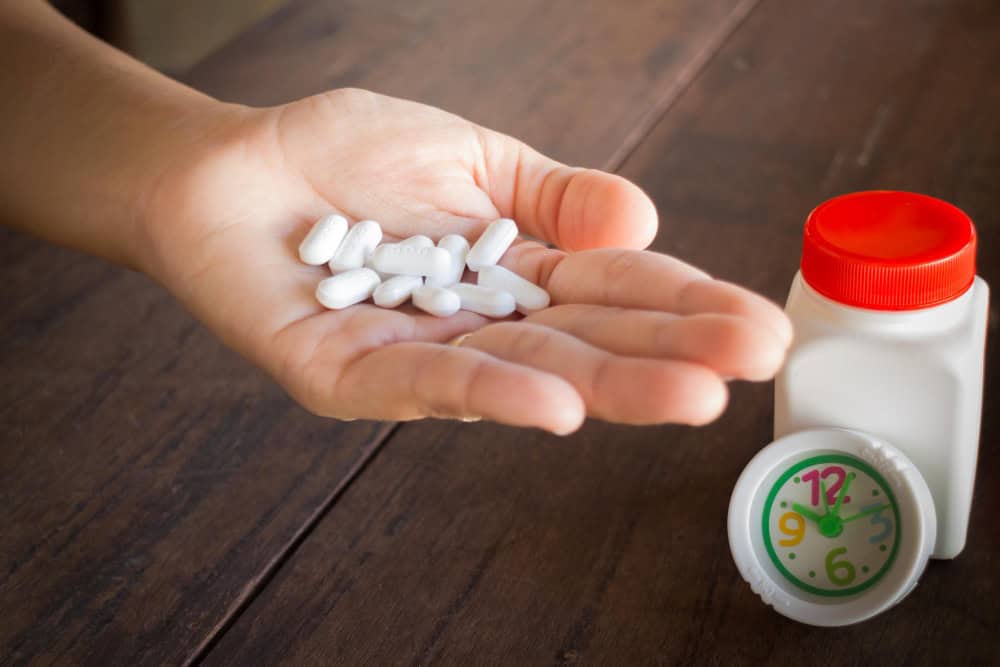
When you experience heartburn more than twice a week, H2 receptor blockers (like ranitidine and famotidine) can help you. They work by reducing the amount of acid produced by the stomach. These can be best taken before meals or at bedtime, especially if you experience nighttime heartburn.
Lifestyle Tips to Make Your Heartburn Medicines Work Better
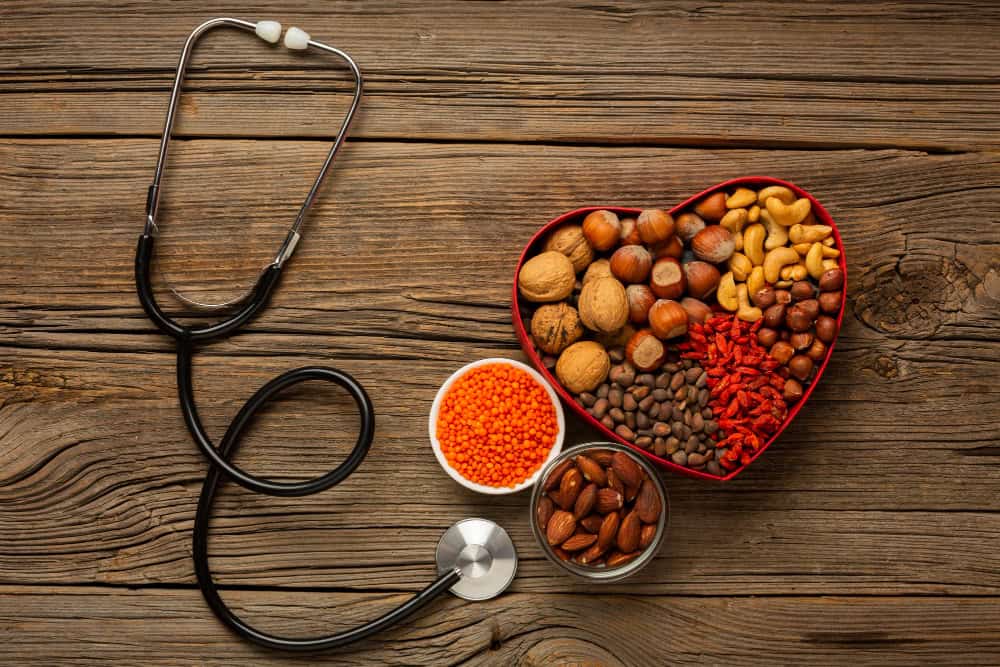
Medicines may help to an extent, but for a bigger, better solution, follow the strategy of making simple day-to-day changes. This can significantly reduce the frequency and intensity of heartburn.
- Sleeping Right: When your body rests well, it can work well. Thus, keeping your head raised from the rest of your body (by using pillows) can prevent nighttime reflux.
- Have Proper Hydration: Water helps neutralise stomach acid and aids digestion – but drinking large amounts of water while you are eating should be avoided.
- Quit Smoking and Limit Alcohol: Both smoking and drinking alcohol can weaken the lower oesophageal sphincter and increase stomach acid production.
- Watch Your Weight: Excess belly fat can cause more pressure on the stomach, pushing the acid upwards.
- Eat Well: When you eat in smaller portions, the load on your stomach to digest the amount of food at a time is reduced.
What Can You Do During Intense Heartburn?
– Try to avoid lying down for at least 2-3 hours after meals.
– Whenever and however you can, skip spicy, citrus, oily, or late-night meals.
– You can sit upright and sip cold water slowly.
– If you experience severe symptoms, one antacid or PPI can temporarily help you find ease, but you should not make it a daily habit until told so by your doctor.
“Heartburn is the body’s way of telling you that something in your routine needs correction – medicines help, but lifestyle changes are what can truly fix it,” concludes Dr Chakravarty.
You Should Visit a Doctor

If you experience acidity more than twice a week or your symptoms persist despite taking OTC medicines, consult a gastroenterologist. Chronic acid reflux could be a sign of gastro-oesophageal reflux disease, which can damage the oesophagus over time.
Also, seek help if you have experienced any of the following symptoms, as they may indicate complications that require professional attention:
– Difficulty swallowing
– Blood in stool
– Vomiting
– Unexplained weight loss
– Chest pain that doesn’t improve with antacids
Easy and Natural Remedies For Heartburn

These super-easy home remedies can be easily incorporated into your daily routine.
- Ginger: A natural anti-inflammatory ingredient that can soothe the stomach.
- Cold Milk: This can temporarily neutralise the acid.
- Fennel Seeds (Sauf): Sauf can reduce bloating and naturally help in digestion.
Frequently Asked Questions
Q. Can heartburn be serious?
Frequent or long-term heartburn can be a sign of gastro-oesophageal reflux disease (GERD). Hence, yes, acid indigestion can be serious when left untreated and is constant; then it may lead to complications like ulcers, narrowing of the food pipe, or oesophagitis.
Q. Does drinking water help with acid reflux?
Yes, for many people, sipping water can help dilute stomach acid and wash it back down into the stomach, giving temporary relief. But if acidity is chronic, water alone won’t be able to fix the underlying cause.
Q. Why do I suddenly get heartburn?
Spicy or oily foods, overeating, eating or having late dinners, lying down too soon after eating, and having coffee or alcohol – all of these can cause sudden acidity. Certain medicines, tight clothing, and hormonal changes can also trigger heartburn.
Q. What are the 5 signs of heartburn?
Common signs include bloating, a sour taste in the mouth, discomfort that worsens after meals, regurgitation of food or acid, and a burning feeling in the chest.
Q. What happens if GERD is left untreated?
Gastro-oesophageal reflux disease (GERD), if left untreated, can cause serious complications like scarring that narrows the oesophageal lining, ulcers, bleeding, difficulty swallowing food, and oesophagitis. Over time, this chronic disease can increase the chances of precancerous and cancerous conditions
Q. How long does heartburn last?
Typically, heartburn can last from a few minutes to a couple of hours. If it’s triggered by a heavy meal or lying down too soon after eating, it can feel longer. Persistent heartburn that occurs more than twice a week may be a sign of GERD and should be evaluated by a medical professional.
Q. Is heartburn always caused by acid reflux?
No, acid reflux may be the most common cause, but heartburn can also occur from stress, overeating, medications, acidic or spicy foods. Anything that irritates the oesophagus or increases stomach acid can trigger that burning sensation, not just the reflux.
(The article is written by Sneha Jajoo, Intern, Clinical Health & Content, and is reviewed by Dr.Subita Alagh, Assistant Team Lead, Disease Content.)